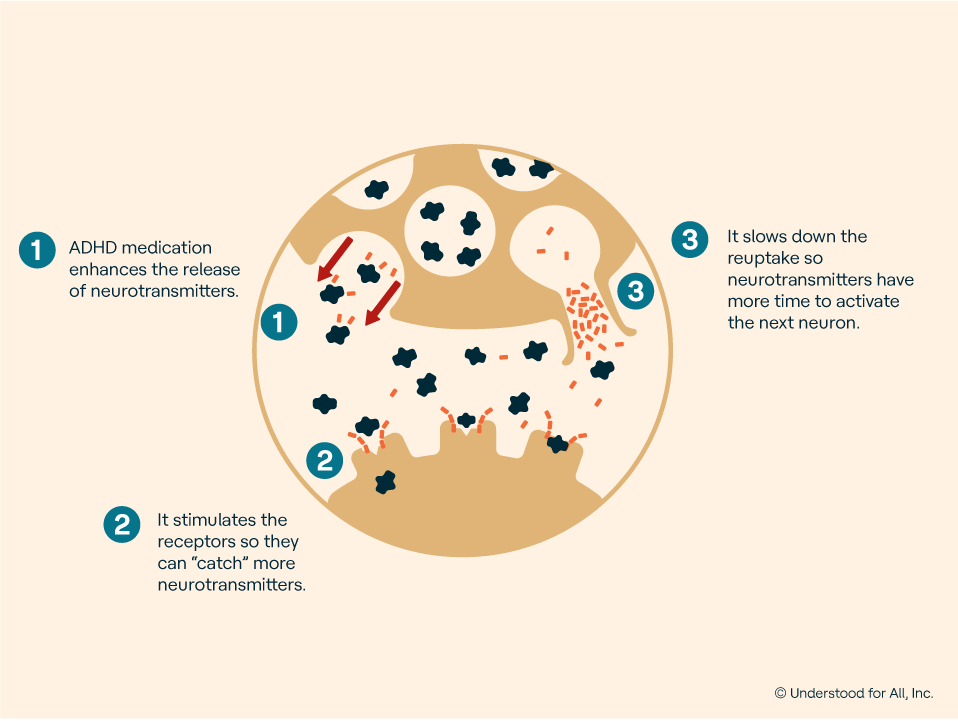Telehealth Psychiatrist Appointments for Private Care
Telehealth Psychiatrist Appointments for Private Care
Blog Article
Discovering Efficient ADHD Treatment Alternatives for All Ages
The intricacies of Focus Deficiency Attention Deficit Disorder Disorder (ADHD) present unique challenges across various age teams, requiring a detailed expedition of reliable treatment choices. A combination of behavioral therapies, pharmacological interventions, and lifestyle alterations has actually revealed pledge in resolving the varied demands of people with ADHD.
Comprehending ADHD and Its Effect
Attention-Deficit/Hyperactivity Condition (ADHD) is a neurodevelopmental condition defined by consistent patterns of inattention, attention deficit disorder, and impulsivity that can dramatically influence different aspects of an individual's life. It generally manifests in childhood years, although signs and symptoms can continue into the adult years. The core signs and symptoms of ADHD can interfere with instructional efficiency, impede social interactions, and make complex work-related endeavors.
People with ADHD usually deal with keeping focus on jobs, organizing activities, and following up on instructions, which can bring about scholastic underachievement (Depression Treatment). In social contexts, impulsivity may cause difficulties in creating and sustaining relationships, as individuals might interrupt discussions or make hasty choices without thinking about consequences
Furthermore, ADHD can co-occur with other psychological wellness problems, such as anxiety and clinical depression, further complicating medical diagnosis and treatment. The variability in sign discussion means that ADHD can impact people in different ways, requiring a personalized technique to monitoring. Recognizing ADHD's complex impact is critical for establishing effective techniques that support individuals in browsing daily difficulties and achieving their possibility. Comprehensive recognition of ADHD's nature and implications lays the groundwork for exploring suitable treatment choices tailored to every person's requirements.
Behavioral Therapies for ADHD
Numerous behavior modifications have been established to efficiently deal with the challenges connected with ADHD, concentrating on changing certain actions and cultivating essential abilities. Amongst the most recognized strategies are cognitive-behavioral treatment (CBT), parent training, and social abilities training.
CBT assists individuals identify and alter negative thought patterns and actions, promoting a much more positive expectation and enhanced self-regulation. This therapy often consists of useful methods for handling impulsivity and improving company. Parent training programs encourage caretakers by equipping them with strategies to reinforce favorable habits and set consistent limits, which can be especially valuable for kids with ADHD.
Social skills training is one more important part, mentor people with ADHD how to connect efficiently with peers - Depression Treatment. This strategy often entails role-playing and comments to boost communication, teamwork, and conflict resolution skills
Including these behavior therapies into a detailed therapy plan can substantially boost working and lifestyle for individuals with ADHD. Inevitably, the efficiency of these therapies relies on tailored methods that take into consideration the special you could try this out needs of each person, therefore cultivating resilience and versatility in day-to-day live.
Drug Options Available
For numerous individuals with ADHD, drug can play a substantial role in handling signs and boosting overall functioning. The two main groups of medications recommended for ADHD are energizers and non-stimulants.
Energizers, such as methylphenidate and amphetamine-based drugs, are one of the most commonly used treatments. These medications function by raising the degrees of natural chemicals, specifically dopamine and norepinephrine, in the brain, which helps improve attention and minimize impulsivity and attention deficit disorder. They often yield rapid outcomes, making them a recommended alternative for many clients.

It is necessary for medical care service providers to carry out an extensive analysis to determine the most suitable medicine based upon private demands, case history, and potential adverse effects. Routine follow-up and tracking are likewise vital to make certain the performance of the picked treatment and to make any necessary adjustments.
Lifestyle Changes to Consider
Taking care of ADHD effectively extends beyond drug, as way of living modifications can substantially improve general wellness and signs and symptom control. Integrating structured regimens is crucial; regular timetables help individuals with ADHD manage their time successfully and lower sensations of overwhelm.
Regular physical activity is an additional crucial element. Exercise not just assists to enhance concentration yet also enhances state of mind and minimizes anxiety levels. Tasks such as yoga or team sporting activities can be especially useful, promoting both physical conditioning and social interaction.
Nutrition additionally plays a critical role. Depression Treatment. A well balanced diet plan abundant in omega-3 fatty acids, company website whole grains, and lean healthy proteins can contribute to boosted focus and cognitive feature. Limiting sugar and refined foods is recommended, as these can exacerbate attention deficit disorder and impulsivity
Rest hygiene is necessary for managing ADHD signs. Developing a regular sleep timetable and creating a relaxing setting can enhance sleep high quality, bring about better interest and psychological regulation.
Alternative and Alternative Strategies
Alternative and alternative strategies to ADHD treatment use a varied range of options that match standard approaches. These strategies typically concentrate on way of living alterations, dietary interventions, and therapeutic practices that aim to improve total health while addressing ADHD symptoms.

Mindfulness and behavior modifications are additionally acquiring grip as holistic treatments. Practices such as yoga, reflection, useful content and cognitive-behavioral therapy can grow self-regulation and enhance interest. These approaches support emotional durability, which is especially valuable for individuals with ADHD.
Organic supplements, such as ginkgo biloba and ginseng, are occasionally discovered; however, it is essential to speak with healthcare professionals before including these into treatment strategies. While option and alternative techniques can give beneficial support, they should ideally be used together with evidence-based treatments to attain optimum outcomes for taking care of ADHD throughout any ages.
Final Thought
In summary, reliable ADHD therapy necessitates a comprehensive technique that includes behavioral treatments, medication, lifestyle adjustments, and holistic techniques. This multifaceted strategy underscores the relevance of customized care in resolving the diverse demands of people with ADHD throughout all age groups.
Report this page